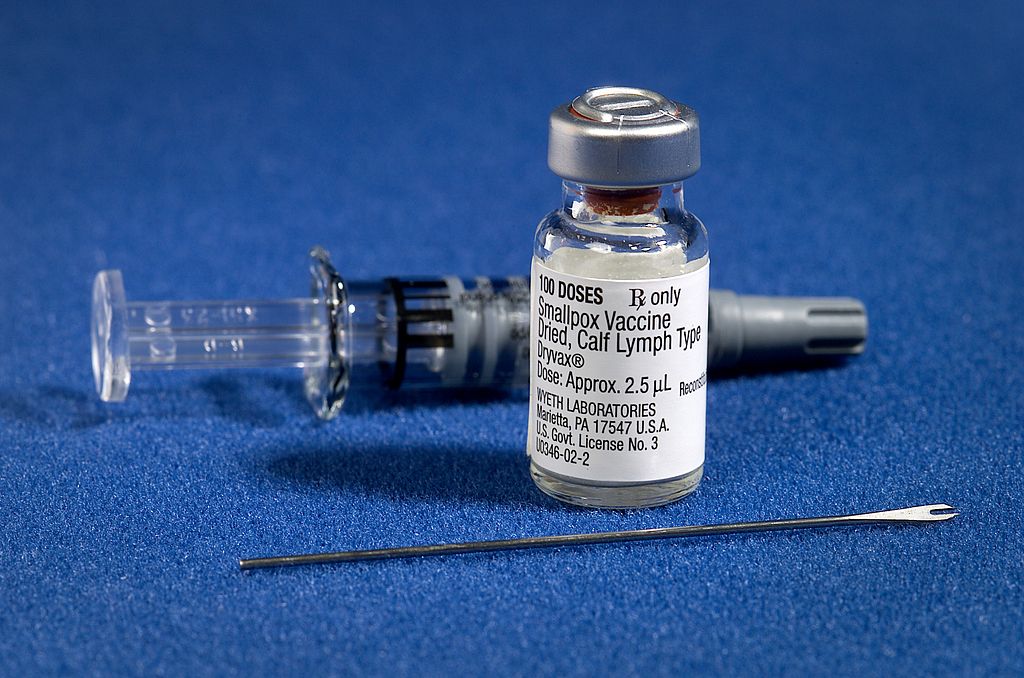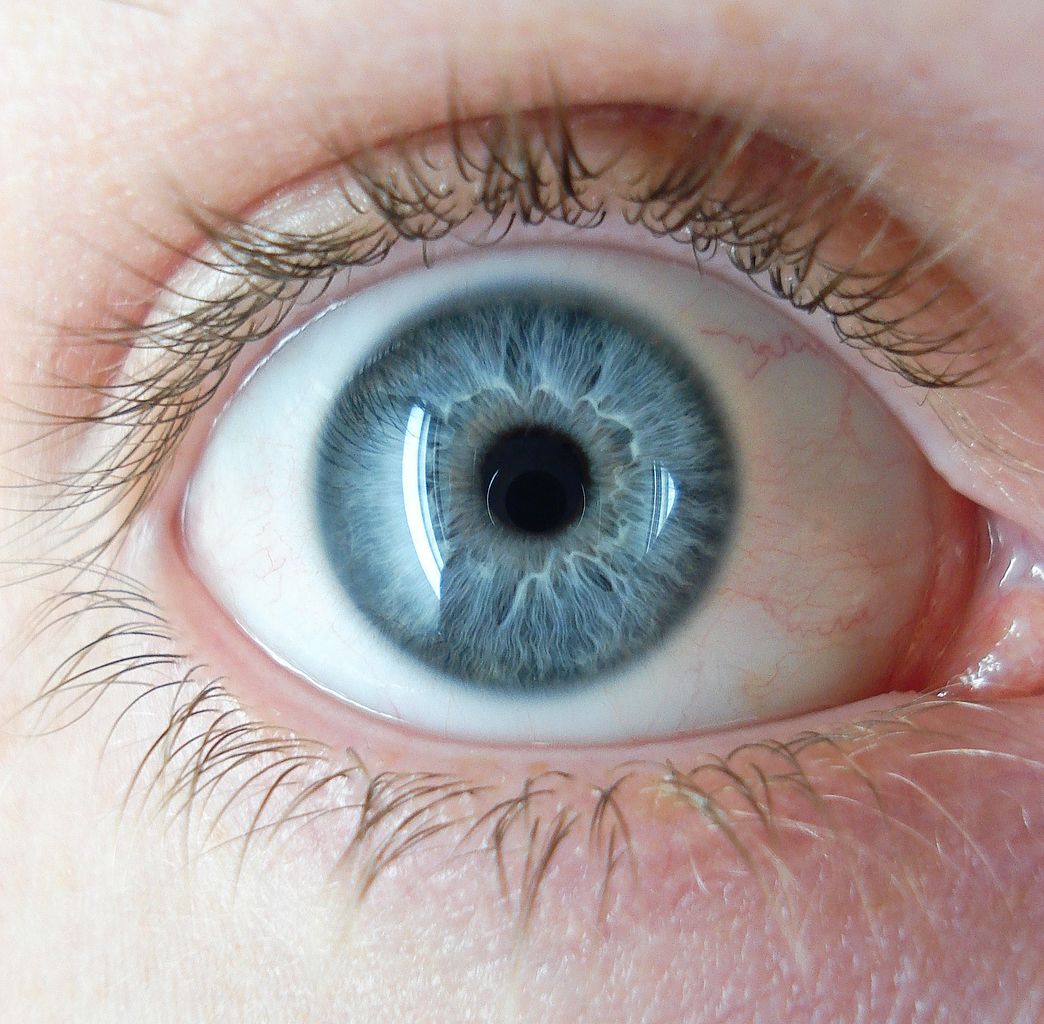Results for: placebo
The Ethics of Prescribing Worthless Treatments
Is it ever ethical for a physician to prescribe a treatment to a patient that they know to be entirely without efficacy? Is it ever possible to do this without deceiving the patient to some degree? I think the answer to both questions is a clear “no.” Within the flipped reality of “alternative medicine,” however, it suddenly becomes acceptable to deceive patients...

Misinterpreting TACT: No, Chelation Does Not Outperform Statins for Heart Disease
Chelation with intravenous EDTA (disodium ethylene diamine tetra-acetic acid) has long been used for heavy metal poisoning. It binds the metal ions and facilitates their excretion from the body. In recent years it has been used for many other indications that are not evidence-based, such as autism and coronary heart disease. The Trial to Assess Chelation Therapy (TACT) was done to assess...

How not to debate a “pro-vaxer”
To say that the relationship that antivaccine activists have with science and fact is a tenuous, twisted one is a major understatement. Despite mountains of science that says otherwise, antivaccinationists still cling to the three core tenets of their faith, namely that (1) vaccines are ineffective (or at least nowhere near as effective as health officials claim); (2) vaccines are dangerous, causing...
American Academy of Family Physicians Home Study Course Recommends Non-Science-Based Treatments
Since passing my board exams in family practice in 1979 I have relied heavily on the American Academy of Family Physicians for continuing medical education via the American Family Physician and the AAFP home study programs. The AAFP prides itself on its evidence-based approach to medicine. In general, it delivers. But the recent FP Essentials Number 432 on “Chronic Pain Management” fell...

Australian review finds no benefit to 17 natural therapies
A review by the Australian government has assessed the evidence for a variety of natural products covered by private health insurance. Their conclusion was that most lacked clear evidence of clinical efficacy. Hopefully this will end insurance coverage of seventeen different pseudosciences.
US Department of Justice Goes After Supplements
It is shaping up to be a good year for those of us advocating more effective regulation of supplements and unproven therapies in the US. The Food and Drug Administration (FDA) is reviewing its regulation of homeopathy, and recently also announced it is taking public comment on its regulation of the term “natural.” The Federal Trade Commission (FTC) is also reviewing the...

On “integrative medicine” and walking and chewing gum at the same time
Evidence matters. Science matters. However, when advocates of "integrating" quackery into medicine via the vehicle of "integrative medicine" invoke weak science and poor quality evidence in conventional medicine in response to criticism, what they are really doing is deflecting attention away from their quackery. More importantly, advocates of science-based medicine are capable of walking and chewing gum at the same time. We...
Acupuncture/TCPM Crapfest
As I get older I get more grumpy. Issues that at one time I was rather sanguine about, now irritate the hell out of me. It is not like it was when I started practice. Information was hard to come by. Going through the Index Medicus, with the world’s tiniest font, wandering the stacks looking for papers, sending off for reprints, getting...
The elusive “potential” of integrative medicine
UPDATE: Dr. Katz has responded to this post in his usual venue, The Huffington Post. Alternative medicine was all about “potential” from the get go: In 1991, the Senate Appropriations Committee responsible for funding the National Institutes of Health (NIH) declared itself “not satisfied that the conventional medical community as symbolized at the NIH has fully explored the potential that exists in...
The Time a Pulitzer Prize Winning Journalist Got Manipulated by a Chiropractor
Katherine Ellison won a Pulitzer Prize in 1985, not for science journalism but for coverage of the monetary mayhem perpetrated by Ferdinand and Imelda Marcos on the people of the Philippines. I was nine at the time and have little recollection of the impact of her work, but I will assume that it was meaningful in light of the award. And she...

